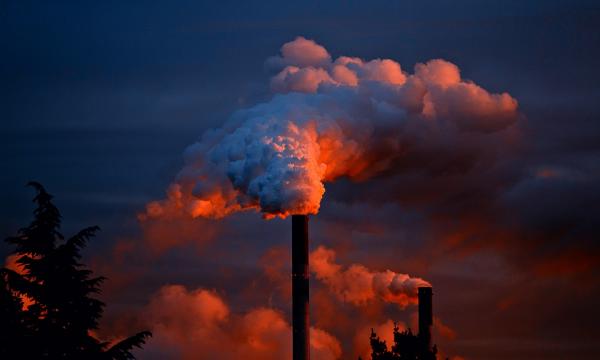The indirect CO2 effect – via associated climate change – on vegetation carbon uptake has declined recently, shifting to negative in the early 21st century. Consequently, stronger reductions in anthropogenic emissions will be required to meet climate goals.
This is the main result of a study by an international team of scientists with the participation of Giovanni Forzieri from the University of Florence, Department of Civil and Environmental Engineering, Italy.
The increase in the vegetation carbon uptake, stimulated in the last decades by the elevated CO2 concentration (eCO2), has substantially contributed to the enhancement of terrestrial carbon sink, thus playing a crucial role in mitigating climate change. Even though, the recent and future dynamics of the indirect effect of eCO2 – via associated climate change – on vegetation carbon uptake are unclear, leading to large uncertainties regarding the future trajectories of the atmospheric CO2 concentration.
Using both satellite observations and a suite of CMIP6 Earth system models, our study provides multiple and coherent evidence that the initial positive effect of eCO2-induced climate change on global vegetation carbon uptake has declined over the past three decades, shifting to negative in the early 21st century. Such trend is expected to be further exacerbated in the future, particularly for northern high latitudes. The progressive weakening of the indirect CO2 effect on vegetation carbon uptake can be partially attributed to the widespread land drying, except for some non-humid regions where the CO2 and drought-related increase in water-use efficiency potentially relaxes the water limitation to vegetation growth. These emerging signals, together with the concurrent decline in the direct physiological effect of eCO2, highlight the transitory nature of the benefits induced by climate warming and CO2 fertilization for the terrestrial carbon sink. More importantly, it implies that eCO2 may exert a less positive up to negative role on the vegetation carbon uptake in the future, ultimately reducing capacity of terrestrial ecosystems to sequester atmospheric CO2.
All together these findings contribute to a better understanding of the factors controlling the negative feedback between atmospheric CO2 concentration and the natural terrestrial sink and highlight a worrying decline in its strength that might ultimately lead to an acceleration of climate warming. Consequently, stronger reductions in anthropogenic emissions will be required to meet climate goals.
Citation: Chen, Z., Wang, W., Forzieri, G. et al. Transition from positive to negative indirect CO2 effects on the vegetation carbon uptake. Nat Commun 15, 1500 (2024).

